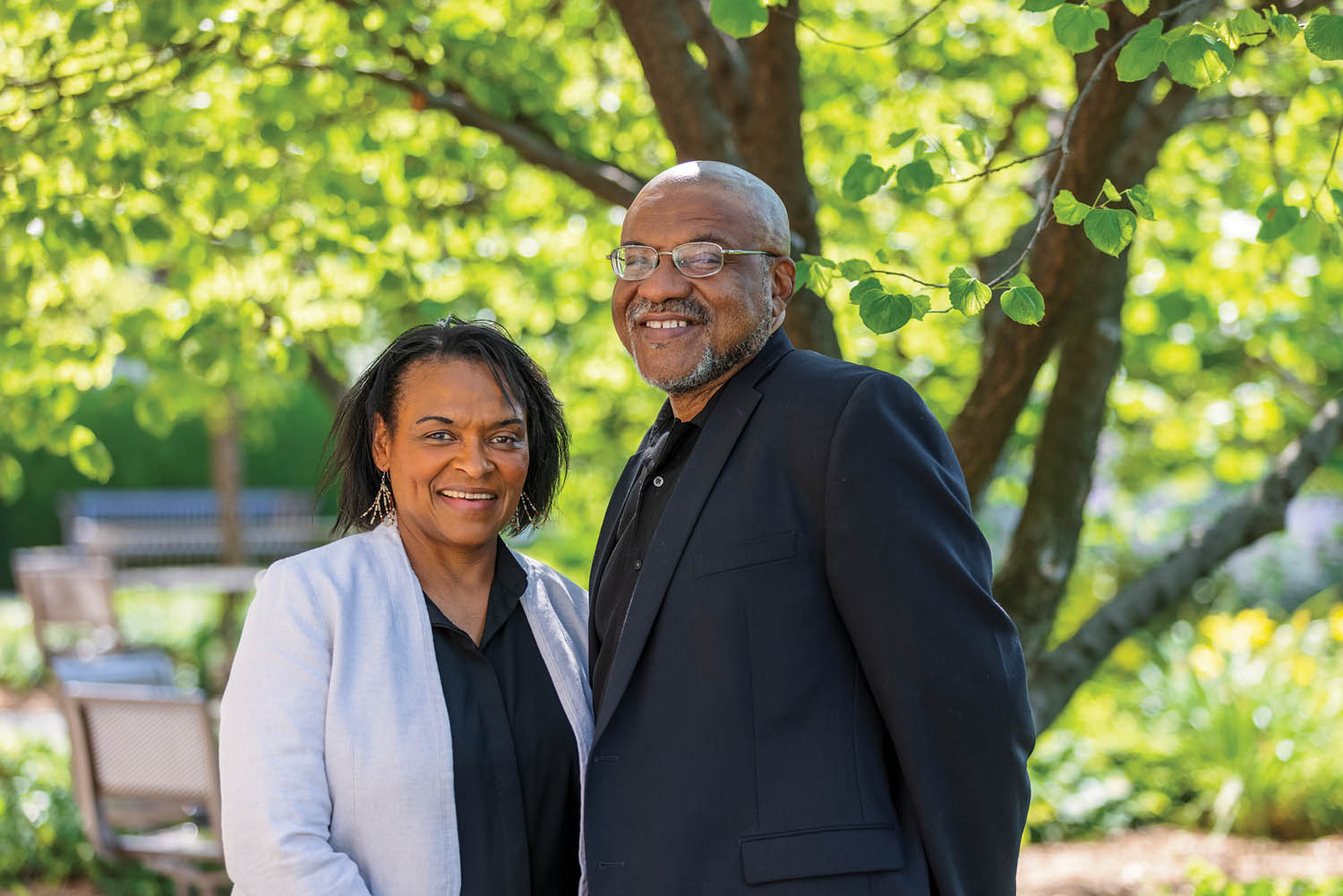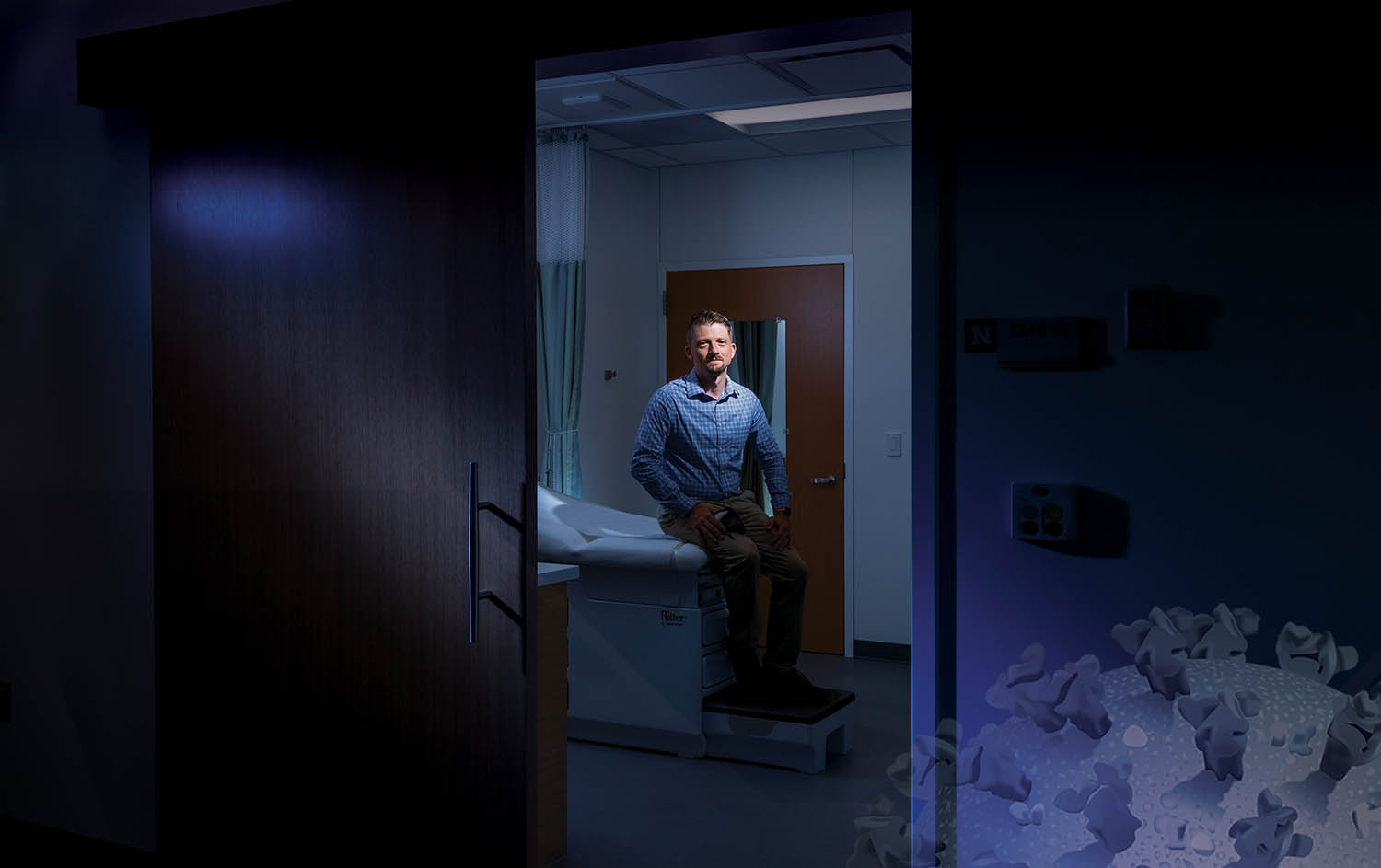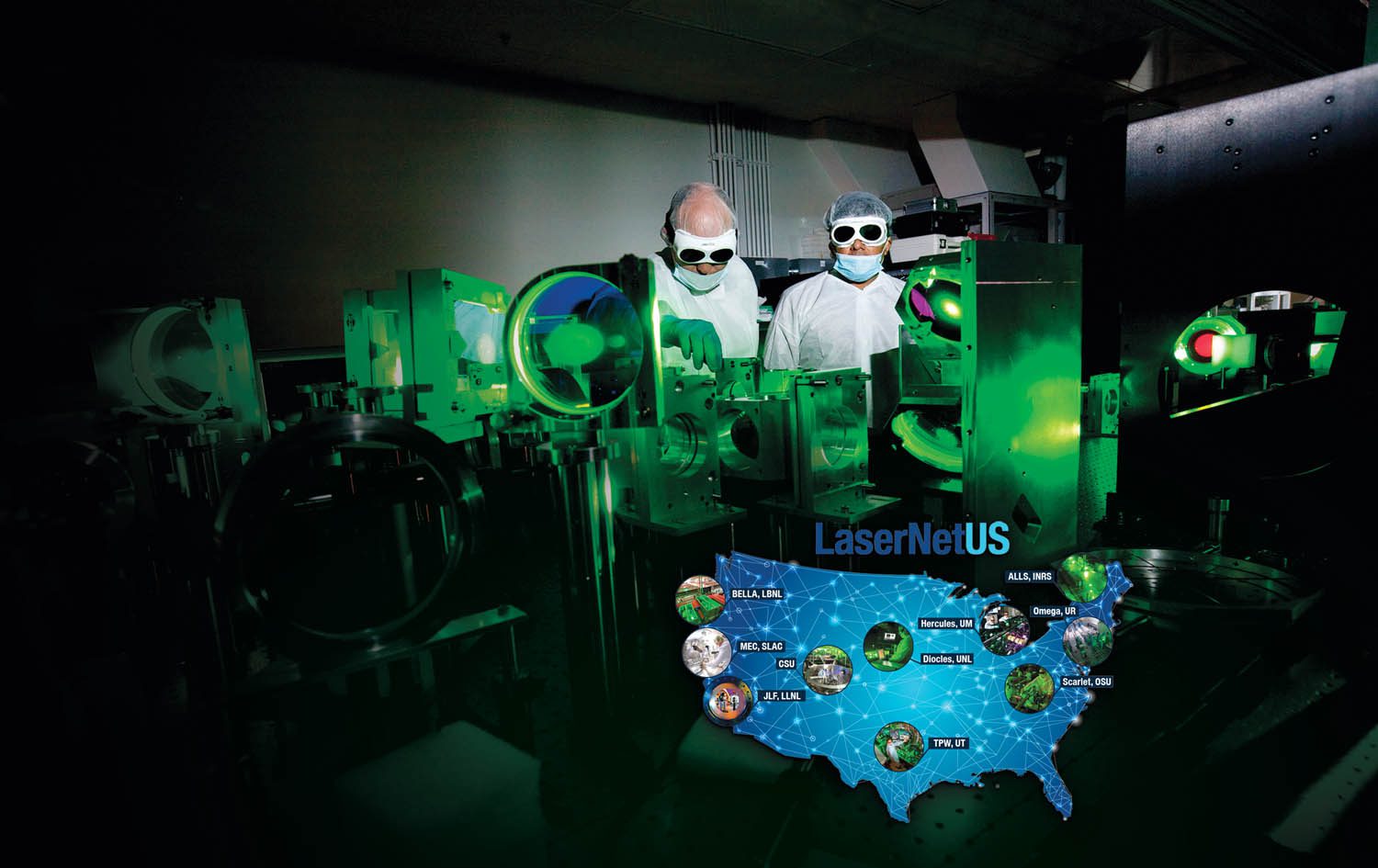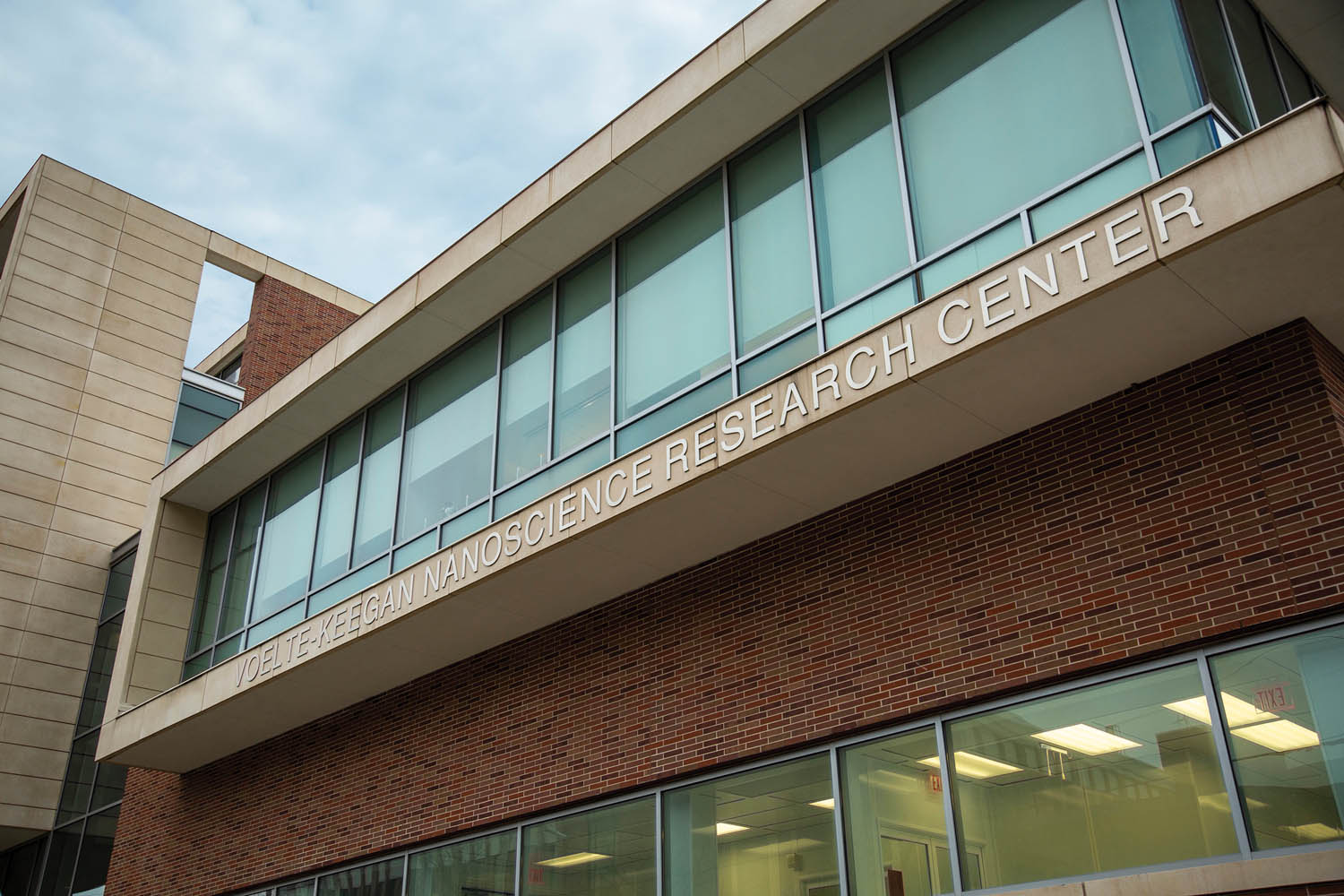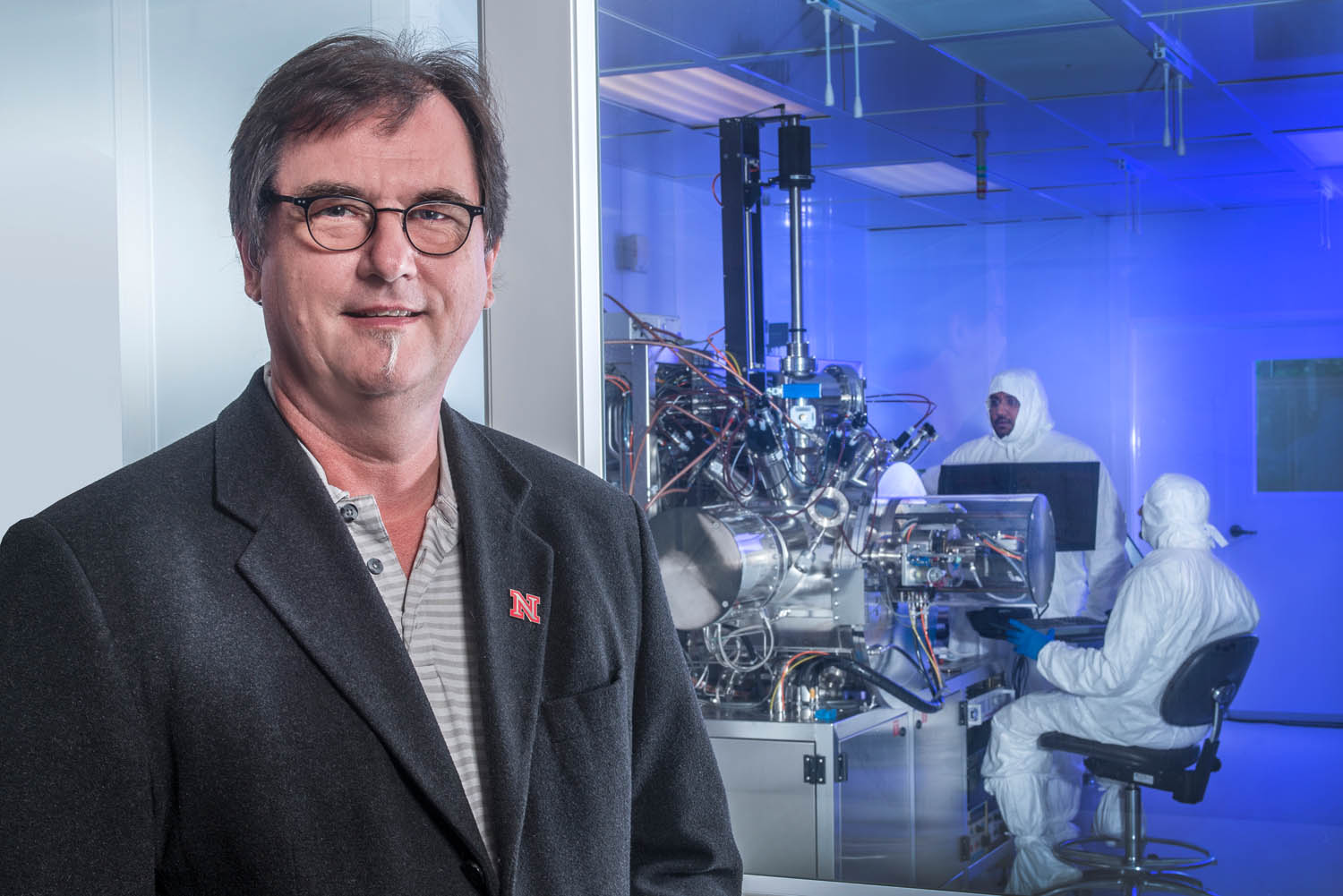Studies link the stress of racism to higher rates of chronic illnesses among people of color. An interdisciplinary team of Nebraska and Texas researchers is one of the first to demonstrate the physiological responses connecting racism and health outcomes in real time. “Our findings build on previous research and add to it by showing how… Continue reading Tracking Real-Time Physiological Reactions to Racism
Category: Grand Challenges
Creating Global Access to African Poetry
Since 2017, the African Poetry Digital Portal at Nebraska has opened the work of African poets to readers and scholars around the world. “The fact is that rich and sophisticated poetic practices and traditions have always existed in African societies and continue to thrive,” said Kwame Dawes, George Holmes Professor of English, Glenna Luschei Editor… Continue reading Creating Global Access to African Poetry
Linking Sexual Stigma and Dating Violence
Intimate partner violence, which includes physical, sexual and psychological abuse, carries enormous costs, including physical and psychological distress and increased school dropout rates. Sexual minorities experience higher rates of intimate partner violence than heterosexual people. One explanation for this pattern is sexual stigma: negative attitudes and discrimination from individuals and institutions. This external stress can… Continue reading Linking Sexual Stigma and Dating Violence
Helping High-Risk Groups Cope with COVID
The COVID-19 pandemic has illuminated health disparities stemming from diverse factors, including race, ethnicity and underlying health conditions. Arthur “Trey” Andrews, assistant professor of psychology and ethnic studies, is examining two groups disproportionately affected by COVID-19: U.S. Latinos and people with histories of substance abuse. He’s collecting survey information about their willingness to seek testing,… Continue reading Helping High-Risk Groups Cope with COVID
Extreme Light Lab Part of Laser Consortium
Nebraska’s Extreme Light Laboratory plays a key role in the nation’s high-intensity laser research. With renewed funding from the U.S. Department of Energy, the consortium to which it belongs is expanding. DOE established LaserNetUS in 2018. Its $18 million funding boost in 2020, distributed among 10 partner institutions, extends the network for three years. Nebraska’s… Continue reading Extreme Light Lab Part of Laser Consortium
Nanoscale Facility Supports Academic, Industry Scientists
The university continues to build on its expertise and leadership in nanoscience and nanotechnology with renewed funding for the Nebraska Nanoscale Facility. The facility was established in 2015 with a grant from the National Science Foundation. The latest $3.5 million NSF grant ensures its continuation through at least 2025. It’s one of 16 centers created… Continue reading Nanoscale Facility Supports Academic, Industry Scientists
Advancing the Second Quantum Revolution
First came advances in materials science and technology. Now emergent quantum materials and technologies are ushering in another wave of innovation. These developments could radically shift capabilities for information technology, medical technology and cryptography, which could enhance security measures in defense and banking. A five-year, $20 million award from the National Science Foundation’s Established Program… Continue reading Advancing the Second Quantum Revolution


